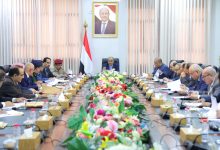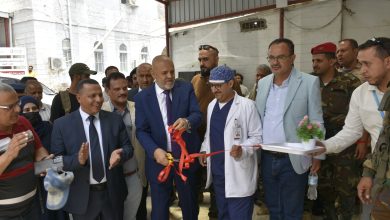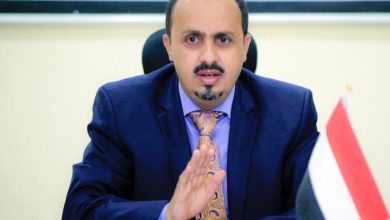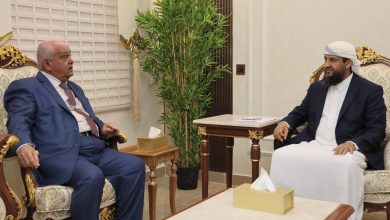The Minister of Information reports that the Houthi militia has embezzled $3 billion from Yemenis under the guise of “judicial guardian.”
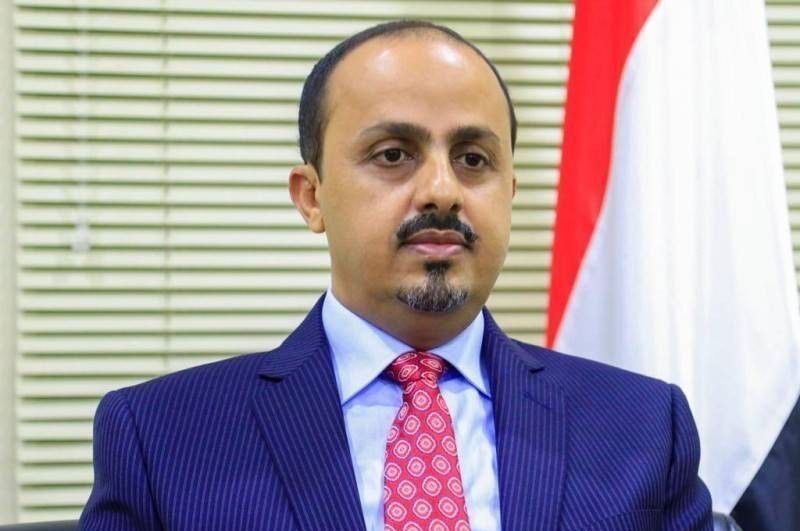
Houthi Militia Accused of Embezzling Over $3 Billion from Yemeni Citizens
Minister of Information, Culture, and Tourism Speaks Out
The Minister of Information, Culture, and Tourism, Muammar Al-Eryani, has raised serious concerns about the Houthi militia’s alleged embezzlement of funds from Yemeni citizens. He claims that the militia has misappropriated over $3 billion under the guise of “judicial guardianship.” This tactic, he argues, serves as a critical means for the Houthis to expand their financial empire and fund their ongoing conflict against the Yemeni people.
Judicial Guardianship as a Cover for Theft
In a recent press statement, Al-Eryani highlighted that the Houthi militia has seized thousands of properties and financial assets from their opponents. They have done this while pretending to operate within legal boundaries by issuing fake judicial orders that impose guardianship over the assets of hundreds of individuals opposing their coup.
Targeting a Wide Range of Individuals
The minister pointed out that the Houthis have targeted over 1,200 individuals and entities, including political figures, parliamentarians, business leaders, and journalists, along with their families. The militia has reportedly confiscated homes, agricultural land, businesses, and financial assets, converting these resources into personal gains.
Magnitude of the Seized Assets
Al-Eryani noted that the total value of the assets seized by the Houthis exceeds $3 billion. This figure includes residential and commercial properties, agricultural land, and substantial financial reserves in both foreign currencies and Yemeni rials. Additionally, the militia has taken significant stakes in various commercial companies and dozens of medical and educational facilities.
Reports from Human Rights Organizations
Reports from human rights organizations, such as the “SAM Organization for Rights and Liberties,” confirm that the Houthis have acquired 38 major companies in Sana’a. These include businesses in trade, health, and education. Furthermore, the militia has allegedly sold looted assets in secret auctions to benefit Houthi leaders.
Organized Management of Seized Assets
Al-Eryani explained that the Houthis manage these confiscated assets through organized mechanisms to convert them into substantial financial resources for their war efforts. This includes renting and selling properties, acquiring profits from businesses, and selling assets on the black market. Some looted properties have even been repurposed as military headquarters.
Impact on the Yemeni Economy
The minister emphasized that these actions have severely harmed the Yemeni economy. Many private companies have shut down, leading to job losses for tens of thousands of Yemenis and exacerbating their economic and social hardships.
Call for International Action
Al-Eryani concluded that the ongoing practices of the Houthis represent “organized looting” and “unlawful enrichment,” warranting international condemnation. He urged the global community to take a firm stance against the Houthi leaders involved in these crimes, including imposing international sanctions and pursuing the recovery of looted funds abroad.
Support for Legitimate Government Efforts
The minister called for support for the legitimate government’s efforts to reclaim stolen institutions and assets. He also emphasized the need to investigate the militia’s parallel economy, including the telecommunications sector, money exchange companies, and money laundering activities. This, he argued, is essential for drying up the funding sources for the coup and restoring stability to Yemen, ultimately alleviating the suffering of its people.
To follow the news in Arabic
